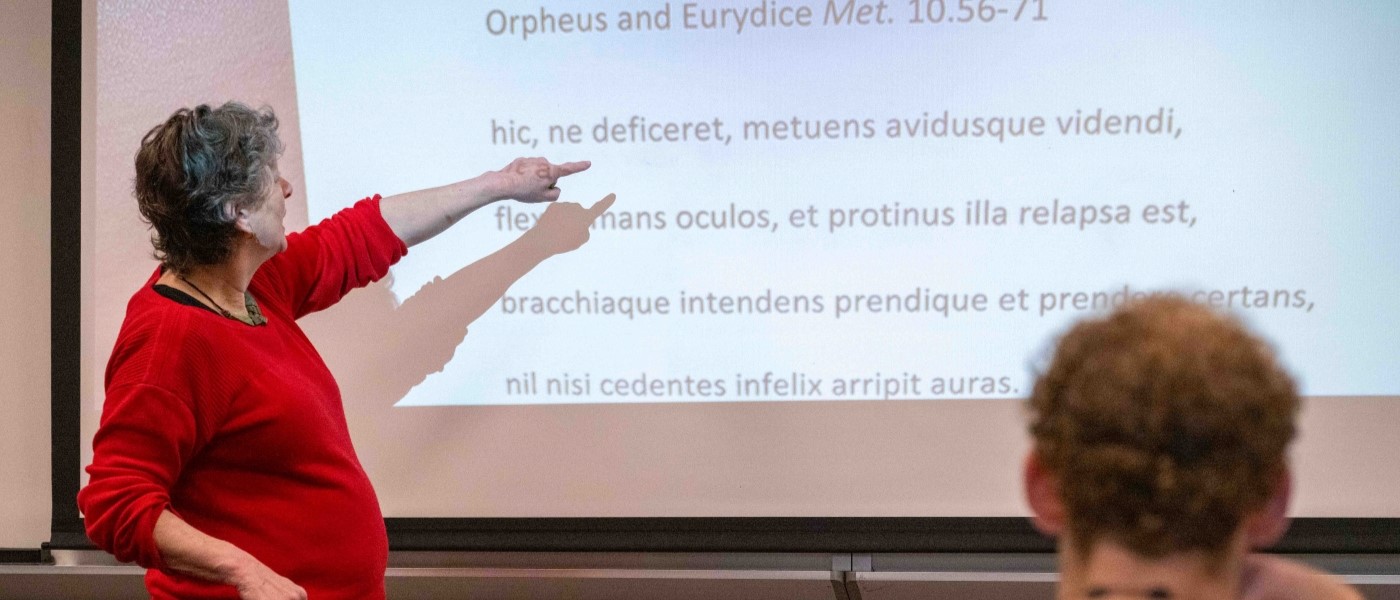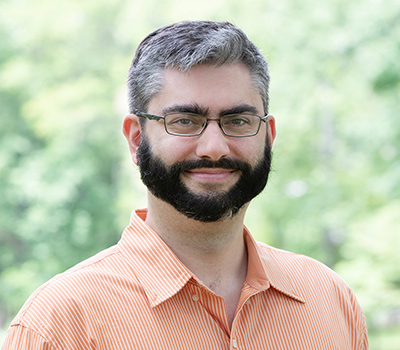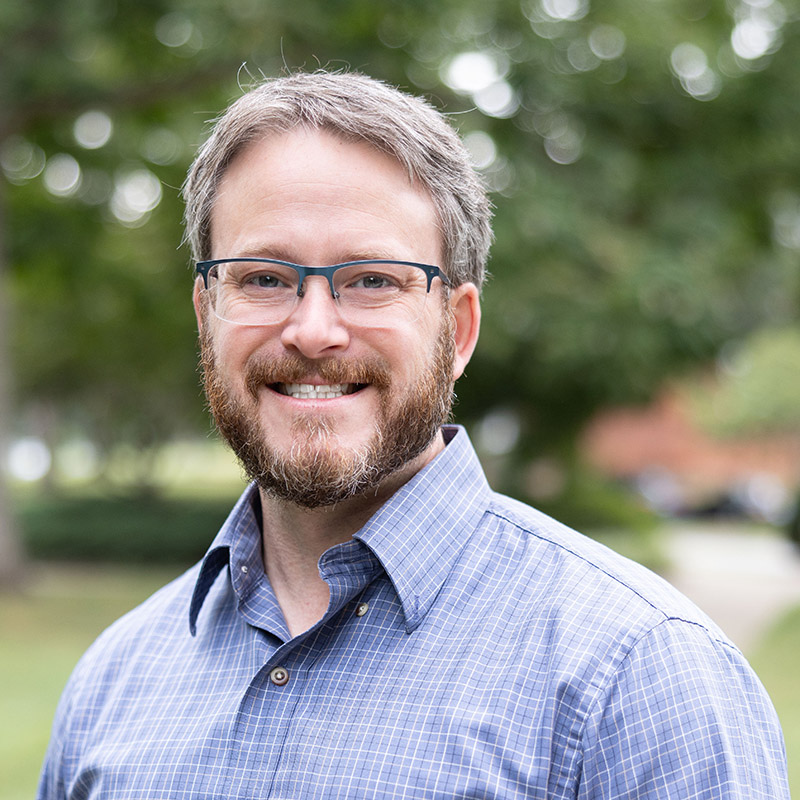Objects of cultural significance often come to colleges, where they are deposited by their owners in the expectation that they will enrich learning. Many times these gifts are relatively informal and little is known about them before they come to the institution. Such is the case with the Hampden-Sydney amphora, a gift in 1962 of Dr. J. William Hinton of New York City.
 Not an alumnus, but awarded an honorary Doctorate of Letters in 1961, Dr. Hinton was impressed by the place ancient cultures held in the Hampden-Sydney curriculum. His gift to the then-newly-opened Eggleston Library also included a small collection of ancient coins, as well as a fragmentary marble head of a child. For whatever reason, the amphora, usually kept in the Rare Book Room of the library, attracted little attention over the years. And, as is often the case with gifts of this sort, there is no file on the object as one would find in a museum.
Not an alumnus, but awarded an honorary Doctorate of Letters in 1961, Dr. Hinton was impressed by the place ancient cultures held in the Hampden-Sydney curriculum. His gift to the then-newly-opened Eggleston Library also included a small collection of ancient coins, as well as a fragmentary marble head of a child. For whatever reason, the amphora, usually kept in the Rare Book Room of the library, attracted little attention over the years. And, as is often the case with gifts of this sort, there is no file on the object as one would find in a museum.
Researching the Amphora, 2000
In conjunction with the Trojan War symposium in 2000, Mary Prevo, Instructor in Fine Arts, undertook research on the amphora so that it might be used more productively as a teaching tool. Hampden-Sydney colleagues James Arieti, Pam Fox, Sharon Goad, Richard McClintock, and Lorie Mastemaker, all helped her in the preparation and presentation of this research, in a display in the Atkinson Museum. Also lending invaluable expertise were Sharon Koehler, conservator in private practice, and Dr. Margaret Ellen Mayo, Curator of Ancient Art, Virginia Museum of Fine Arts.



 Not an alumnus, but awarded an honorary Doctorate of Letters in 1961, Dr. Hinton was impressed by the place ancient cultures held in the Hampden-Sydney curriculum. His gift to the then-newly-opened Eggleston Library also included a small collection of ancient coins, as well as a fragmentary marble head of a child. For whatever reason, the amphora, usually kept in the Rare Book Room of the library, attracted little attention over the years. And, as is often the case with gifts of this sort, there is no file on the object as one would find in a museum.
Not an alumnus, but awarded an honorary Doctorate of Letters in 1961, Dr. Hinton was impressed by the place ancient cultures held in the Hampden-Sydney curriculum. His gift to the then-newly-opened Eggleston Library also included a small collection of ancient coins, as well as a fragmentary marble head of a child. For whatever reason, the amphora, usually kept in the Rare Book Room of the library, attracted little attention over the years. And, as is often the case with gifts of this sort, there is no file on the object as one would find in a museum.


